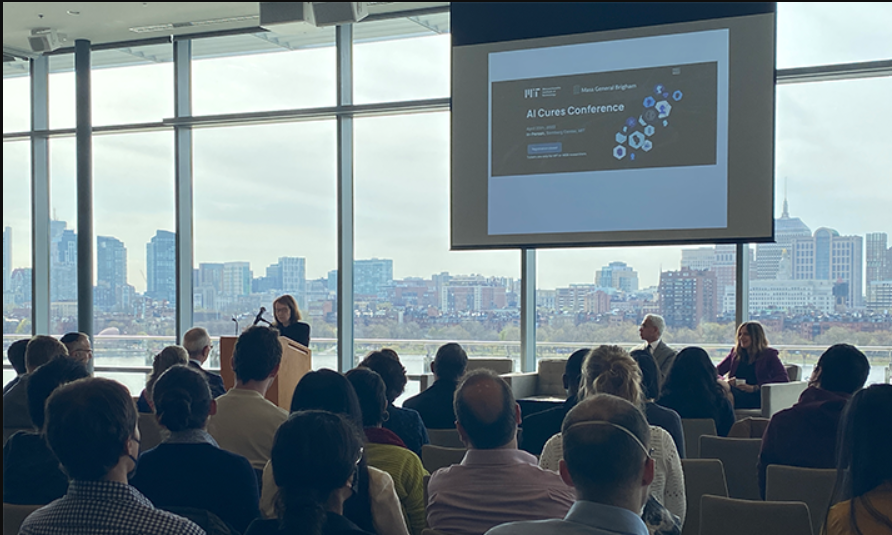-
- Find Care
-
- Visitor Information
- Find a Location
- Shuttles
- Visitor Policies
-
-
- Our Virtual Care Options
- Virtual Urgent Care
- Virtual Visits for Primary & Specialty Care
- Online Second Opinions
- Participate in Research
-
- Contact us
-
- For Innovators
- Commercialization Guide for Innovators
-
-
- Research News
- Alzheimer's Disease
- Artificial Intelligence
-
- Overview
-
- Overview
- Getting Started
- New to Mass General Brigham
- International Patient Care
- What Is Patient Gateway?
- Planning Your Visit
- Find a Doctor (opens link in new tab)
- Appointments
- Patient Resources
- Health & Wellness
- Flu, COVID-19, & RSV
- Billing & Insurance
- Financial Assistance
- Medicare and MassHealth ACOs
- Participate in Research
- Educational Resources
- Visitor Information
- Find a Location
- Shuttles
- Visitor Policies
- Find Care
-
- Overview
- Our Virtual Care Options
- Virtual Urgent Care
- Virtual Visits for Primary & Specialty Care
- Online Second Opinions
-
- Overview
- Participate in Research
-
- Overview
- About Innovation
- About
- Team
- News
- For Industry
- Venture Capital and Investments
- World Medical Innovation Forum (opens link in new tab)
- Featured Licensing Opportunities
- For Innovators
- Commercialization Guide for Innovators
- Contact us
-
- Overview
- Information for Researchers
- Compliance Office
- Research Cores
- Clinical Trials
- Advisory Services
- Featured Research
- Two Centuries of Breakthroughs
- Advances in Motion (opens link in new tab)
- Brigham on a Mission (opens link in new tab)
- Gene and Cell Therapy Institute
- Research News
- Alzheimer's Disease
- Artificial Intelligence
-
- Overview
-
- Overview
- Residency & fellowship programs
- Brigham and Women's Hospital
- Massachusetts General Hospital
- Mass Eye and Ear
- Newton-Wellesley Hospital
- Salem Hospital
- Integrated Mass General Brigham Programs
- Centers of Expertise
- Global & Community Health
- Health Policy & Management
- Healthcare Quality & Patient Safey
- Medical Education
- For trainees
- Prospective trainees
- Incoming trainees
- Current trainees
- Continuing Professional Development
Mass General Brigham and MIT collaborate to host AI Cures Conference

Imagine an advance in medicine so powerful, it helps to predict if a patient will have lung cancer – up to six years in advance. This is just one example of the exciting work presented at the AI Cures Conference yesterday, hosted by Mass General Brigham and Massachusetts Institute of Technology (MIT). Researchers from both organizations gathered in-person to demonstrate and discuss the impact of artificial intelligence (AI) technologies on patient care. The goal of the conference is to facilitate the translation and adoption of AI technologies for improving diagnostics, treatment and long-term outcomes for diverse patient populations. The sessions featured ongoing collaborations between Mass General Brigham and MIT clinicians and researchers, highlighting AI innovations and their impact on patient care.
Sessions featuring Mass General Brigham speakers covered a diversity of topics. Lecia Sequist, MD, MPH, presented Sybil, the AI model that can predict lung cancer risk years in advance. Ipsit Vahia, MD, shared how AI can be used to find solutions to better detect diseases like dementia in its early stages. Collin Stultz, MD, PhD, discussed the role of AI in helping to integrate the many data streams for cardiovascular care. Eighty posters spanning four different categories in clinical AI were on display during a poster session and attendees had the opportunity to pose questions to speakers from Mass General Brigham, MIT and a representative from the Food and Drug Administration.
Organizers expect this conference will lead to further collaboration between MIT and Mass General Brigham in developing AI solutions in patient care.